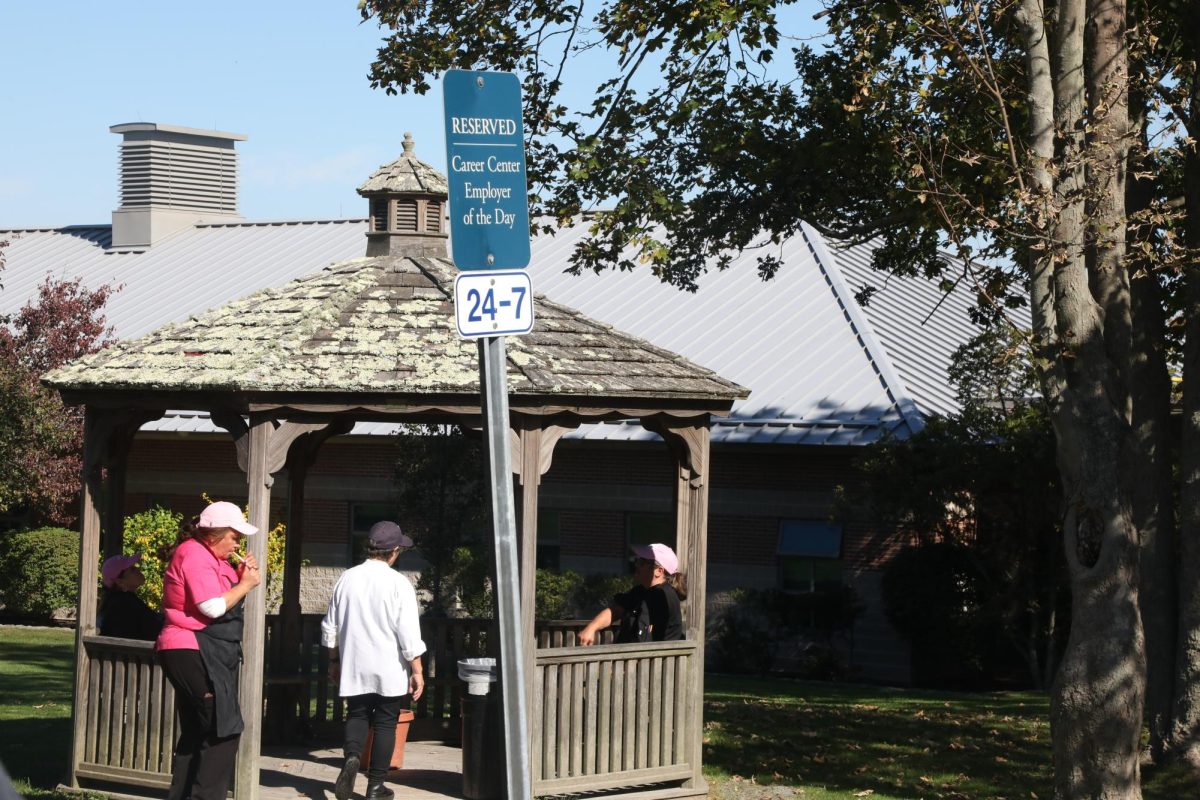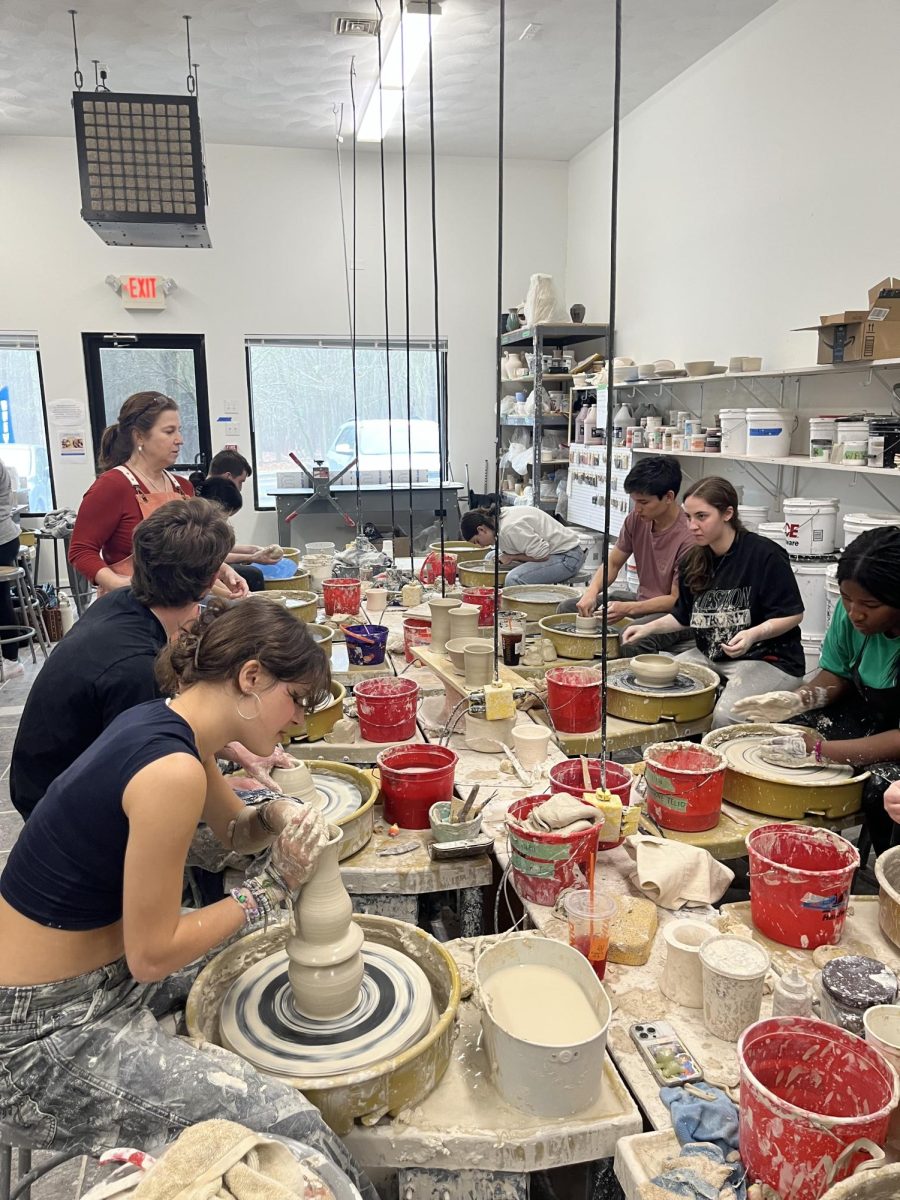In collaboration with the Truth Initiative, Roger Williams University is receiving a $20,000 grant to make its campus tobacco free. The grant, written by Dr. Jennifer Stanley, will slowly unfold over the next year and is expected to be fully wrapped up by December. Although the grant moves the campus into action against tobacco smoking on campus, this isn’t the first time that RWU attempted to go smoke free.
RWU has a long history of fighting smoking. In 2006, the university made a campus wide change to forbid smoking indoors, relegating tobacco use to only being an outside activity. In the years following this decision RWU decided to build smoking gazebos to accommodate smokers on campus.
The most recent example comes from Vice President of Student Life Dr. John King, who spoke on his attempts to go tobacco free prior to the COVID-19 pandemic. Naturally, the pandemic halted many plans; the idea of going smoke free was not revisited until last year with the help of the Truth Initiative.
The Truth Initiative is a global public health organization dedicated to ending tobacco use both in teenagers and in young adults. They reach out to schools under the truth campaign and grant them money for going smoke free.
The university received the grant from the Truth Initiative in February and from there created a committee with the Director of Student Health Promotion and Wellness Education Cristelle Garnier to oversee the university’s use of the grant to start systematically endorsing a smoke free campus. This committee is made up of student, faculty, and staff representatives, with the purpose of working on the current culture of the university to make the change to smoke free as smooth as possible.
Garnier knows that the campus won’t become smoke free overnight, as she spoke about her and the committee’s job on campus.
“It takes time to shift the mindset of a community,” she said.
Even though the full extent of the grant will go into place next December in 2024, both Garnier and King are not expecting a full campus-wide embracement of the no smoking policy by then.
“We don’t want to sanction people and get them in trouble, we just want to educate them to make better life decisions,” Garnier affirmed. The policy change is not just to punish students or facilities who do smoke but rather work with them to change their outlook on the habit.
King echoed this sentiment, “Our goal is for people to make their choice on their own, with our encouragement. Although in the future and outside of the transition process, active enforcement and punishment will be considered, there are no plans as of yet,” King added.
The largest question that the student body seemed to share is, “what will happen to the smoking gazebos?” In response to this concern, King has confirmed that the smoking gazebos will stay up but be repurposed into something that reflects their current secondary purpose of promoting community among students.
“We recognize that there is a need for outdoor seating, they are gathering areas that have a roof on them. Some of them need repairs… but we are listening to students that they are great gathering spaces,” said King.
Along with helping the student body move away from smoking, Garnier also talked about implementing programs that staff can use to help quit smoking as well.
“We want to make sure we have good retention for our staff at commons and facilities around campus,” said Garnier. “That’s something that we have been discussing in a lot of our meetings and we really haven’t come up with a full solution just yet.” She continued that although they do not have a complete solution, they can use their connection and resources with the Truth Initiative to path out a plan for the staff on campus that struggle with smoking.
There are not any plans currently to punish students who do smoke tobacco in the years to come. However, the same can not be said about the employed workers on campus.
“With faculty and staff being employees it’s a little different, again we would focus on behavior modification and behavior change, but just like everything else if any employee flat out decides not to follow university policy consistently there’s going to be employment consequences,” said King. “We want to avoid that and spend time, be patient, but if they continue to do it, it’s just like anything else, they aren’t being a proper university employee.”
According to Garnier, the university believes that it would be hard for many students to quit “cold turkey.” From now until December 2024, when the Truth grant is completed, RWU will educate students on the dangers of smoking and how to quit. Specifically, the university plans on using connections within the Rhode Island Department of Health and the East Bay Coalition to help students ease into quitting smoking.
The attempts to create a smoke free campus have received plenty of pushback from both students and faculty. However, the university hopes to work with the community to avoid viewing this policy as hostile against the student body. As King and Garnier continued to emphasize, the goal of this campaign against smoking is to not demonize the students or staff who engage with the habit, but to work towards a healthier Roger Williams campus.






